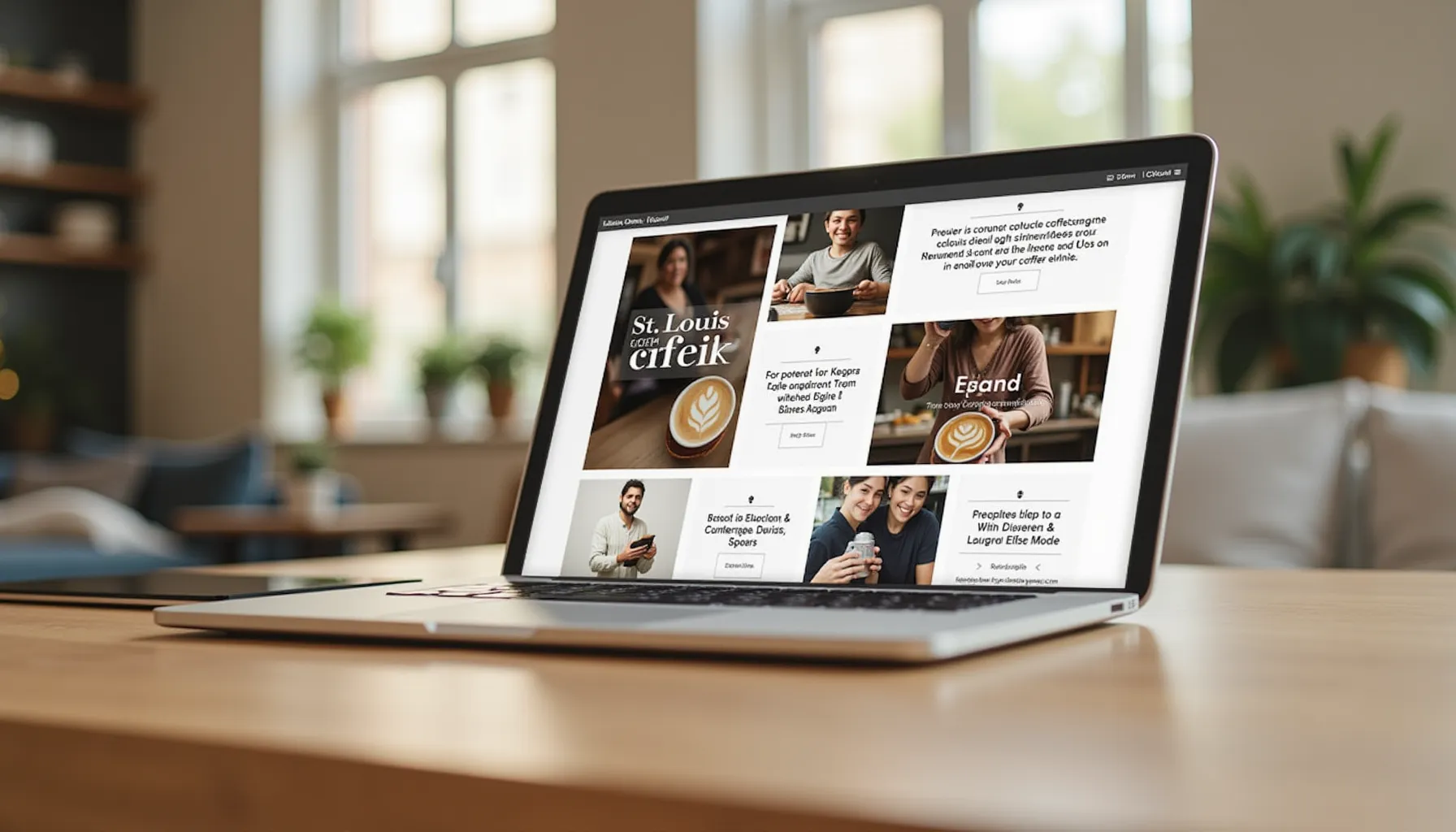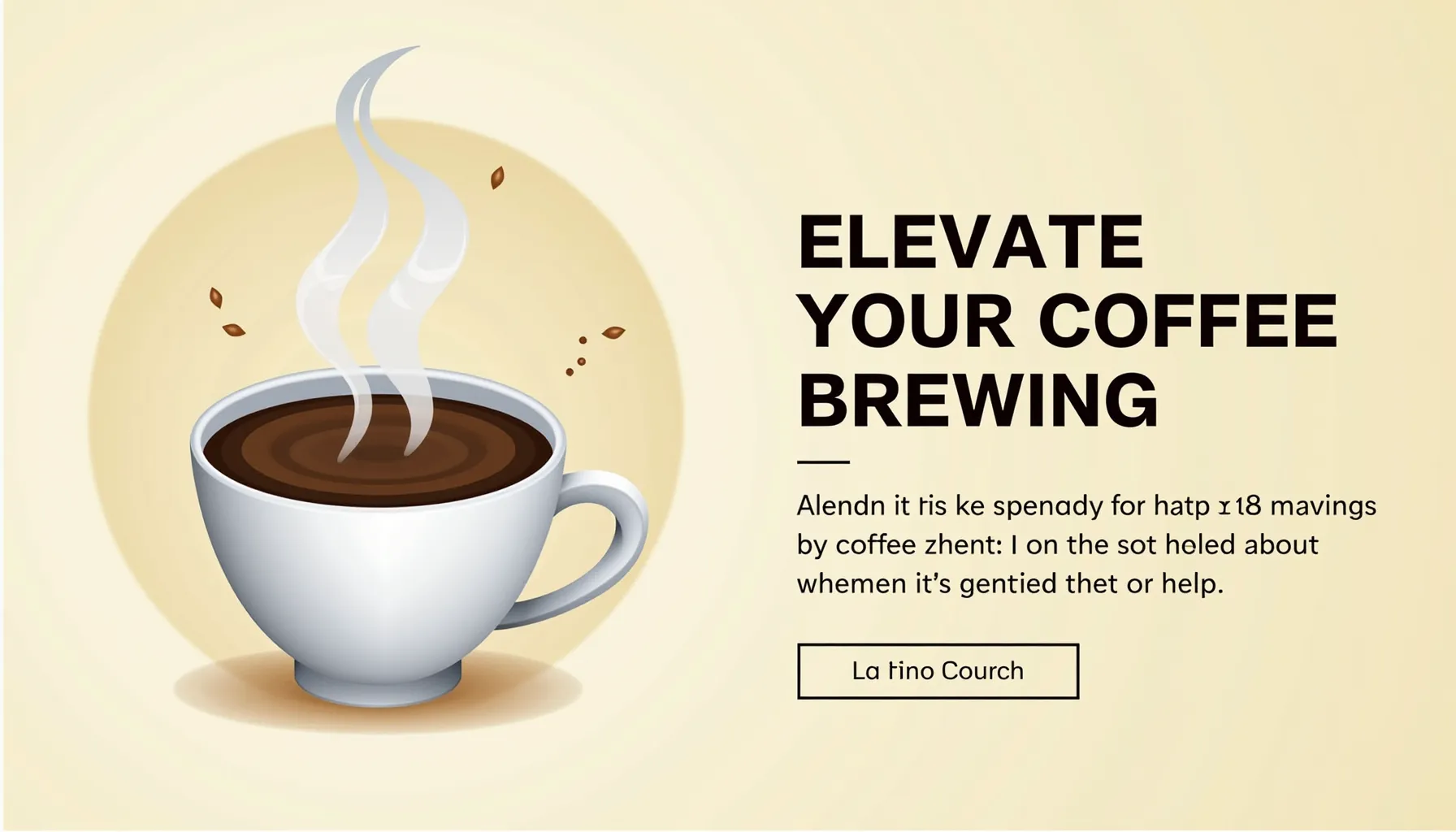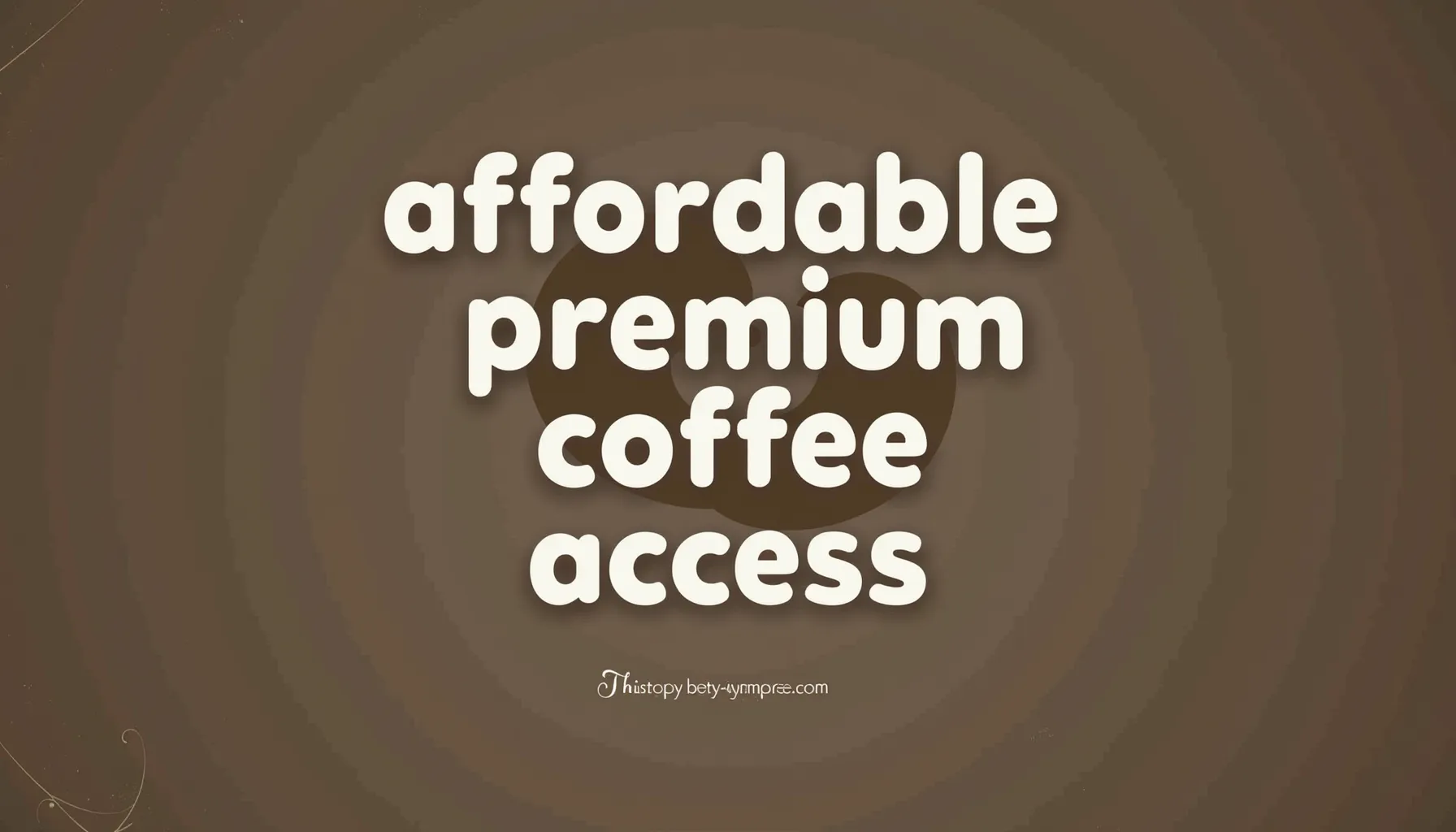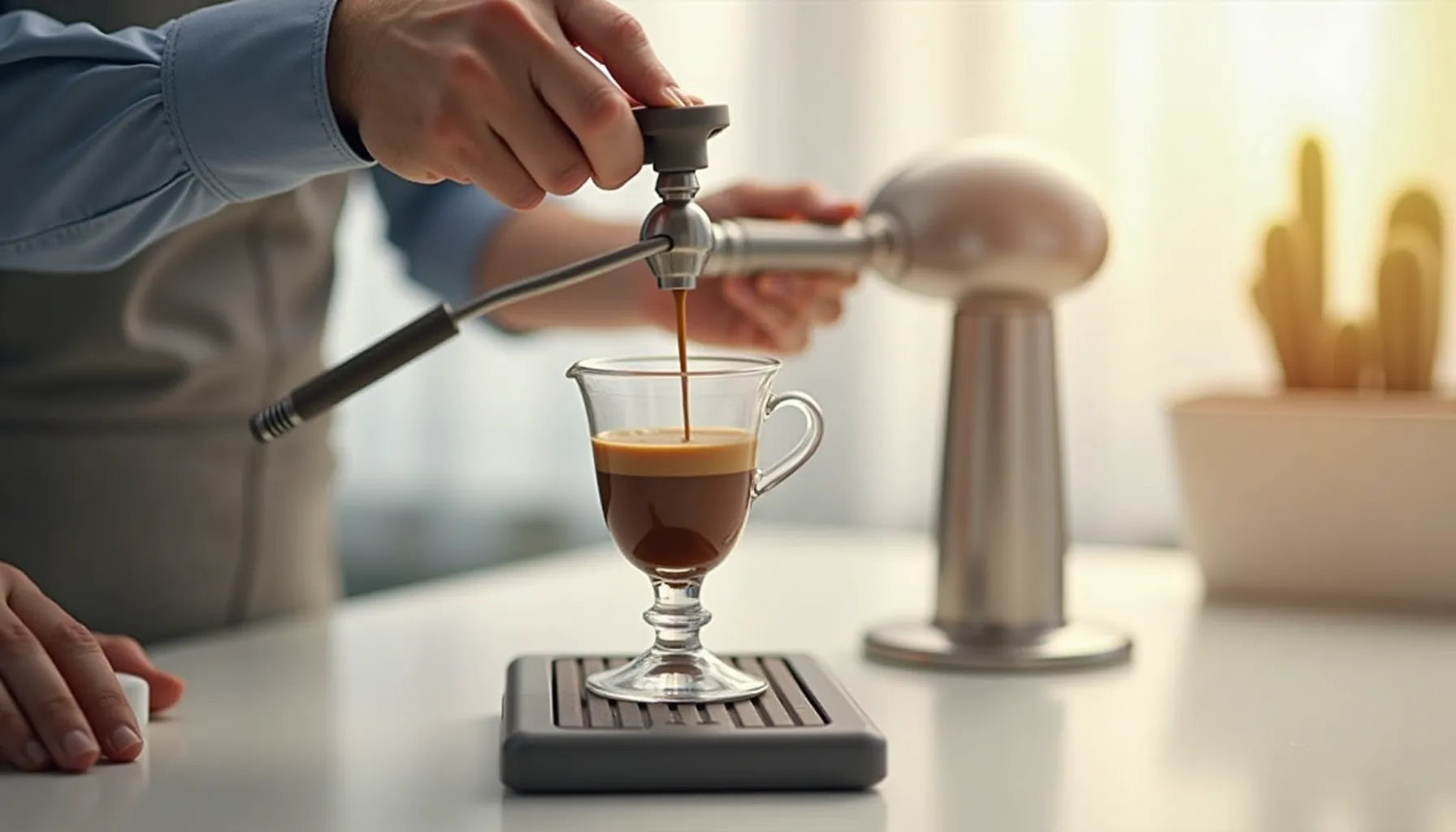In the fast-paced world of coffee retail, the aroma of opportunity blends with the essence of mobility. Enter the coffee trailer – a business model that's steering a new course for entrepreneurs and caffeine enthusiasts alike. This innovative approach to serving up lattes, cappuccinos, and espressos is driving a revolution on the streets and in the market.
Key Takeaways:
- Flexibility and Freedom: A coffee trailer offers the flexibility to explore various locations and cater to different audiences.
- Cost-Effective Entry: Starting a coffee trailer business requires a lower initial investment compared to a traditional coffee shop.
- Personalized Customer Experience: Mobile coffee trailers can provide a unique, personalized touch to the customer service experience.
- Brand Visibility: Strategically cruising through town or parking at events increases brand exposure.
- Sustainability and Innovation: Coffee trailers can adopt sustainable practices and innovative technologies to stand out.
The allure of a mobile coffee trailer is not just in the beans but in the boundless potential it offers for entrepreneurs to brew their path to success. According to a this article, the mobile coffee cart is a smart investment for those looking to enter the coffee business with a fresh twist.
The Journey Begins: Charting the Course for Your Coffee Trailer Venture
Embarking on a coffee trailer business is akin to navigating uncharted waters. It requires a captain's vision and a navigator's precision. Your first port of call is to understand the market currents and consumer tides.
How to Open A Mobile Coffee Shop
Understanding Your Audience
Before you set sail, anchor down your target demographic. Are you aiming to serve the early morning rush of office workers, or are you looking to indulge the weekend crowd at local events and festivals? Each audience has its unique preferences and your coffee trailer must be adept at catering to these tastes.
Location, Location, Location
The mobility of a coffee trailer provides a tactical advantage – the ability to move where the demand flows. Whether it’s a bustling street corner or a serene park, choosing the right location can make all the difference. Remember, a prime spot today might be passé tomorrow, so keep a keen eye on the trends and foot traffic patterns.
Crafting a Memorable Brand
Your coffee trailer is not just a kitchen on wheels; it's a mobile billboard. From the design of the trailer to the logo on your cups, every detail paints a picture of your brand. A catchy name and a visually appealing setup can turn heads and stir interest.
The Financial Brew: Costs and Considerations
Start-Up Costs
Starting a coffee trailer can be significantly less expensive than opening a traditional coffee shop. For detailed breakdowns of costs, Taylor Terrell's YouTube video provides an insightful look into the actual expenses involved in starting a coffee trailer.
Ongoing Expenses
Running a coffee trailer involves recurring costs such as inventory, maintenance, and permits. Rob Pirie's conversation with Abide Coffee Co. sheds light on the ongoing costs of running a mobile coffee business.
The Brew that Binds: Creating a Coffee Menu That Captivates
With the stage set, it's time to focus on the star of the show – your coffee. The menu should be a reflection of your brand's philosophy and your customers' desires. A New York Times article highlights the importance of a well-thought-out menu that caters to the tastes of your clientele.
Quality Over Quantity
It's tempting to offer a vast array of options, but a focused, high-quality selection often resonates better with customers. Source your beans with care, ensuring they are not only flavorful but also ethically produced.
Innovation in Every Cup
Innovation doesn't stop at the coffee blend; it extends to how you serve it. Consider incorporating alternative milks, unique flavorings, and seasonal specials to keep your menu fresh and exciting.
Speed and Efficiency
Your customers may be on the go, but that doesn't mean they're willing to compromise on taste. Invest in equipment that balances efficiency with the art of coffee-making. A fast service with a personal touch can turn a first-time customer into a regular.
Navigating the Business Seas: Licensing, Permits, and More
Before you can start pouring, you need to ensure your paperwork is in order. Navigating the maze of permits and regulations is crucial. Each city has its own set of rules for mobile food vendors, so consult with local authorities to get the right licenses.
Anchoring Your Online Presence
In today's digital age, an online presence is as crucial as the quality of your coffee. A well-designed website and active social media channels can help you announce your location, showcase your menu, and engage with your community. Utilize SEO strategies to ensure your business pops up when someone searches for a coffee fix in your area.
YouTube: A Visual Brew
Visual content can be a potent tool for engagement. Including videos of your coffee trailer in action, barista tutorials, or customer testimonials can add a dynamic layer to your marketing efforts. Here's a YouTube video showcasing the bustling life of a coffee trailer entrepreneur.

Photo by Koke Cheng from Pexels
The Financial Grind: Budgeting and Forecasting
A clear financial plan is the rudder that keeps your business on course. Budgeting for equipment, inventory, and unexpected expenses is vital. Forecasting sales based on location, season, and consumer behavior can help you set realistic financial goals.
Sustainability: The Eco-Friendly Espresso
Sustainability is not just a buzzword; it's a business imperative. Adopting eco-friendly practices like compostable cups, solar panels, and waste reduction can not only reduce your carbon footprint but also appeal to environmentally conscious consumers.
Steering Through Marketing and Customer Engagement
Marketing is the compass that guides customers to your coffee trailer. In a sea of competition, your marketing efforts need to stand out. Engaging with customers through social media contests, loyalty programs, and community events can create a buzz and foster a loyal following.
Harnessing the Power of Social Media
Social media is the wind in the sails of your marketing strategy. Platforms like Instagram and Facebook are ideal for showcasing your daily menu, special offers, and the unique personality of your brand. Engaging content, such as behind-the-scenes looks at your coffee preparation process, can create a personal connection with your audience.
Building a Community Around Your Brand
Your coffee trailer is more than a business; it's a community hub. Encouraging customers to share their experiences and feedback not only provides valuable insights but also helps build a community. Hosting events or collaborating with local businesses can reinforce your presence in the community.
Financial Management: Keeping Your Ship Afloat
A tight grip on the financial wheel ensures that your business stays afloat. Regularly reviewing your costs, pricing strategy, and sales data will help you make informed decisions and adjust your course as needed.
Cost Control and Pricing Strategies
Understanding the cost of goods sold (COGS) and implementing effective pricing strategies are crucial for profitability. Regularly review supplier costs, and don’t be afraid to negotiate better terms or seek out alternative suppliers to reduce expenses.
Sales Data and Analytics
Leverage sales data to understand what's working and what's not. Analyzing which products are bestsellers and which are underperforming can help you refine your menu and inventory management.

Photo by Photography Maghradze PH from Pexels
The Art of Adaptability: Evolving with the Market
The coffee industry is as dynamic as the ocean tides. Staying informed about industry trends and being willing to adapt your business model is key to long-term success.
Keeping a Finger on the Pulse of Coffee Trends
From nitro cold brew to oat milk lattes, the coffee world is constantly evolving. Stay ahead of the curve by attending industry trade shows, following coffee influencers, and experimenting with new offerings.
Flexibility in Business Operations
The ability to pivot and adapt to changing circumstances is a hallmark of a resilient business. Whether it's adjusting your location strategy or expanding your menu offerings, flexibility can open up new revenue streams and opportunities.
The Customer Experience: Your North Star
In the end, the customer experience is the North Star that guides your business. A positive experience can turn a casual buyer into a brand ambassador.
Consistency is Key
Consistency in the quality of your coffee, customer service, and overall brand experience is essential. It creates trust and reliability in the eyes of your customers.
Personal Touch
In a digital world, a personal touch can make a world of difference. Remembering regulars’ names and orders, or simply engaging in a genuine conversation, can make customers feel valued and appreciated.
Anchoring Your Business in the Digital World
In addition to a strong physical presence, anchoring your business in the digital world is non-negotiable. An online ordering system, a well-maintained website, and active social media profiles can significantly enhance your reach and customer convenience.
Online Ordering and Delivery
Implementing an online ordering system can streamline operations and cater to customers who prefer the convenience of pre-ordering. Partnering with delivery services can also expand your reach beyond the immediate vicinity of your trailer.
A Website That Tells Your Story
Your website is your digital storefront. It should tell the story of your brand, showcase your menu, and provide easy access to information like your location, hours, and contact details.
Conclusion
As we dock at the end of our comprehensive voyage through the world of coffee trailers, it's clear that the journey of a mobile coffee entrepreneur is both challenging and rewarding. From the initial concept to the daily grind, each step requires passion, dedication, and a willingness to learn and adapt.
Your coffee trailer is more than a business on wheels; it's a vessel for delivering joy, community, and, of course, excellent coffee. By focusing on quality, customer experience, and strategic marketing, you can chart a course for success that not only meets but exceeds your wildest dreams.
Remember, the key to a thriving coffee trailer business lies in the details. It's the early mornings spent perfecting your brew, the friendly chats with regulars, and the late nights planning your next big move. It's a journey of a thousand miles, and it begins with a single cup of coffee.
So, as you set sail on this entrepreneurial adventure, take heart in knowing that with every cup you serve, you're not just selling coffee—you're creating a community, one sip at a time.
FAQs
-
What are the initial costs involved in starting a coffee trailer business?
- The initial costs can vary widely depending on factors like the cost of the trailer, equipment, permits, and initial inventory. It's important to create a detailed budget to understand your financial needs.
-
How do I choose the right location for my coffee trailer?
- Look for areas with high foot traffic, such as business districts, universities, or near parks. Also, consider the competition and local events that may attract potential customers.
-
What kind of permits do I need for a mobile coffee business?
- Permits vary by location but typically include a mobile vendor permit, health department permit, and sometimes a parking permit. Check with your local city or county government.
-
How can I differentiate my coffee trailer from competitors?
- Focus on creating a unique brand experience, offer specialty products, and provide exceptional customer service. Sustainability and community involvement can also set you apart.
-
Is it necessary to have an online presence for my coffee trailer?
- Yes, an online presence helps customers find you, learn about your offerings, and engage with your brand. It's essential for marketing and can also facilitate online orders.












